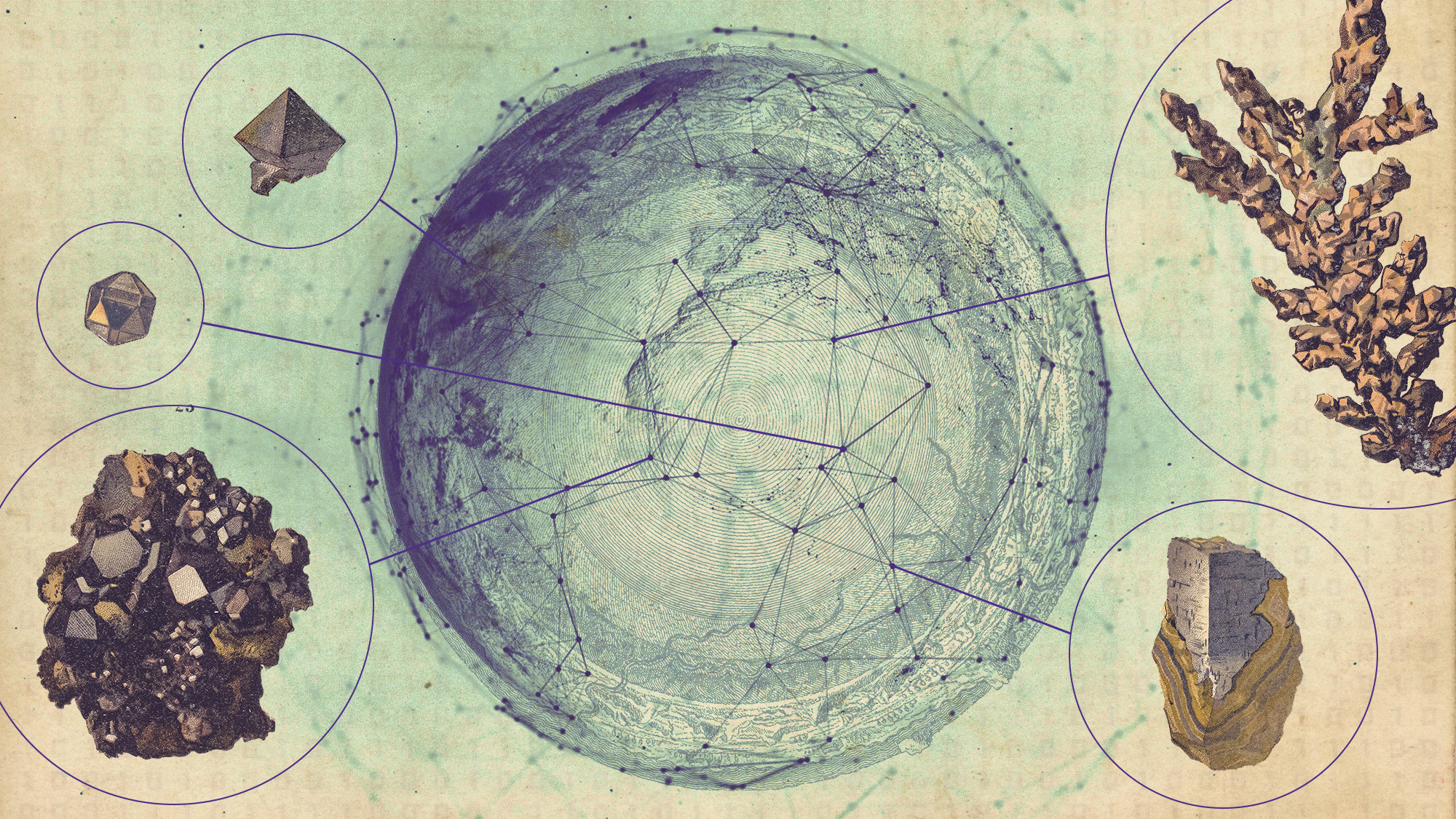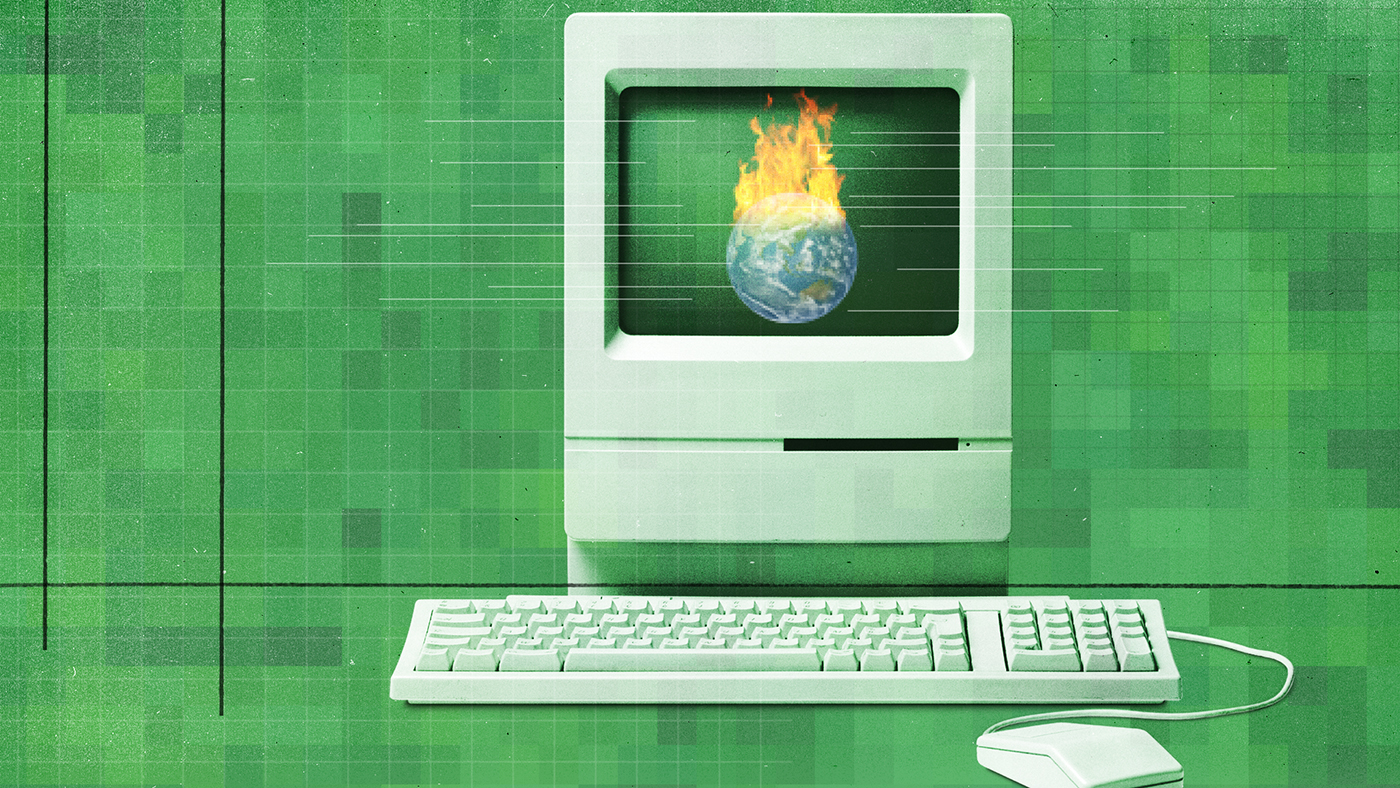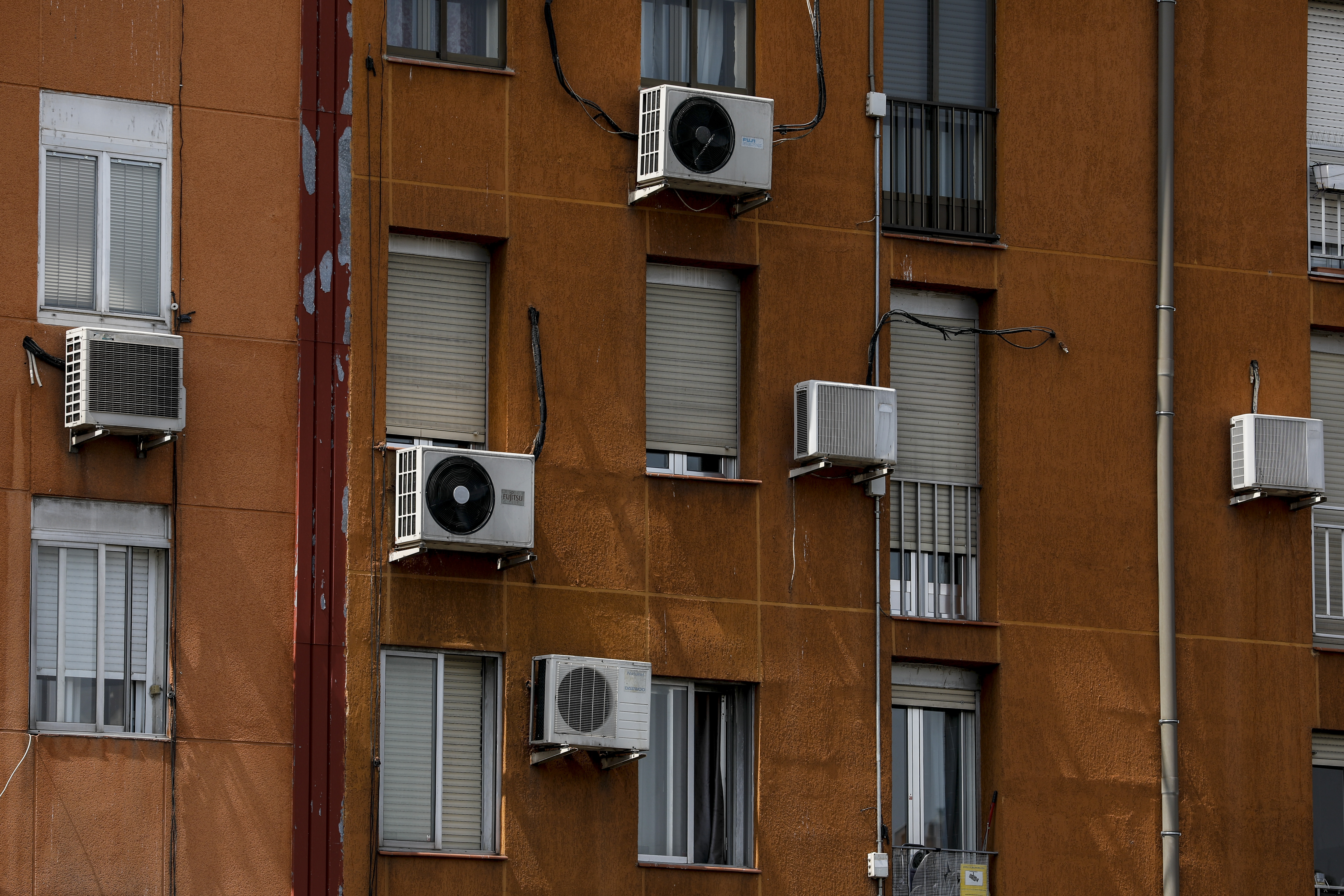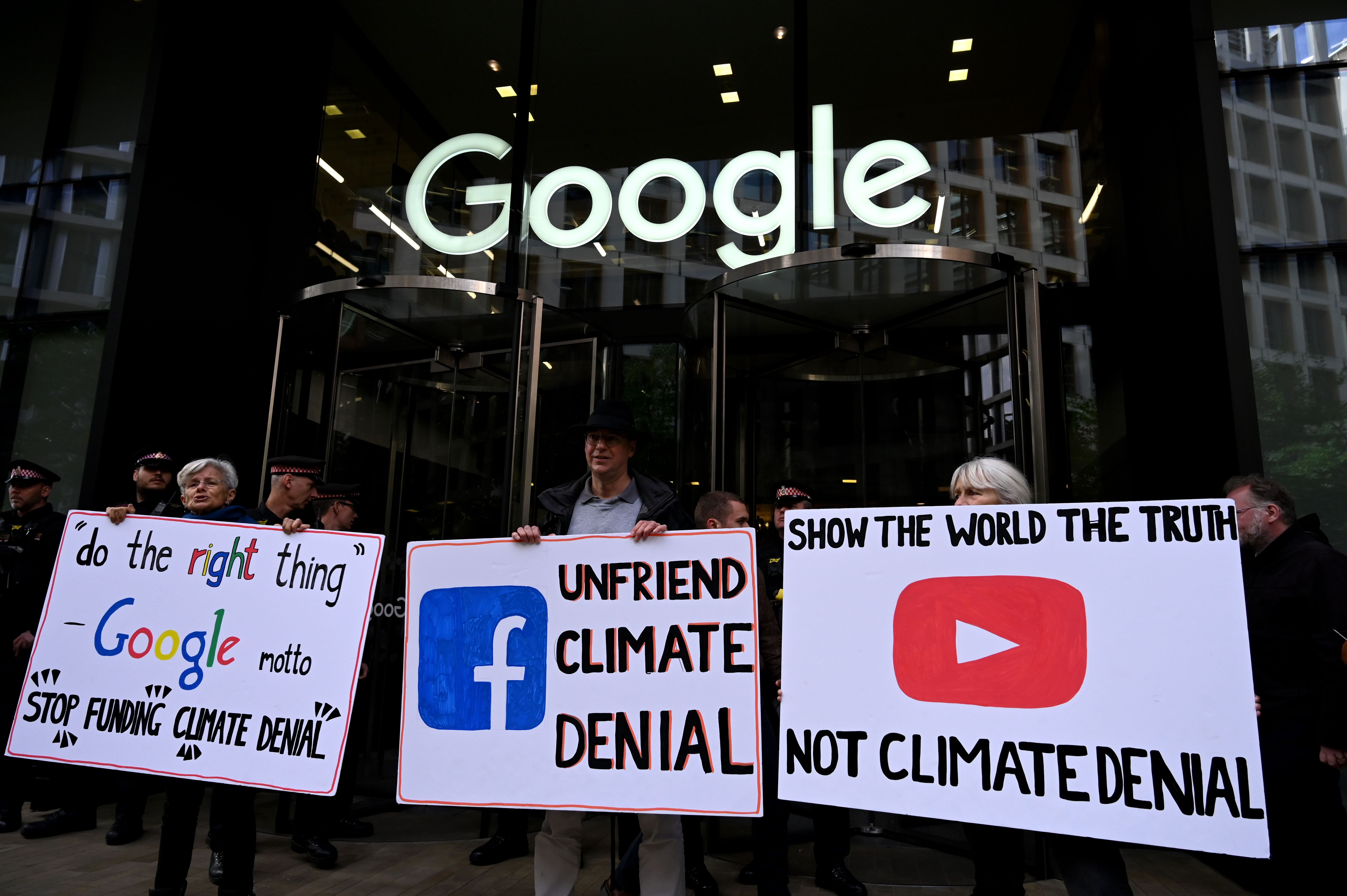Brits sending one less email a day would cut carbon emissions by 16,000 tonnes
UK research suggests unnecessary online chatter increases climate change

A free daily email with the biggest news stories of the day – and the best features from TheWeek.com
You are now subscribed
Your newsletter sign-up was successful
Officials working on plans to reduce the UK’s carbon footprint have warned of a hidden threat that is increasing the country’s emissions: unnecessary emails.
As Britain gears up to host the UN COP26 climate change summit next year, “officials have been particularly taken by research suggesting that more than 64m unnecessary emails are sent by Britons every day,” the Financial Times reports.
These emails - often just one or two words long - are “pumping thousands of tonnes of carbon into the atmosphere owing to the power they consume”, the paper adds.
The Week
Escape your echo chamber. Get the facts behind the news, plus analysis from multiple perspectives.

Sign up for The Week's Free Newsletters
From our morning news briefing to a weekly Good News Newsletter, get the best of The Week delivered directly to your inbox.
From our morning news briefing to a weekly Good News Newsletter, get the best of The Week delivered directly to your inbox.
One official working on the preparation for COP26 told the FT that civil servants have been “looking at research suggesting that if you reduced those emails by just one a day, you would save a lot of carbon”.
Figures in Whitehall are understood to be taking the sending of short emails so seriously that the topic was included in a recent paper from the National Cyber Security Centre. It has not been elevated to ministerial level, however, Boris Johnson is pushing to make environmental plans front and centre of his agenda.
In 2019, a study by energy company OVO found Brits send more than 64m unnecessary emails every day.
The research found that if Brits sent one fewer email per day, the UK could cut emissions by more than 16,433 tonnes of carbon a year – equivalent to 81,152 flights to Madrid or taking 3,334 diesel cars off the road.
A free daily email with the biggest news stories of the day – and the best features from TheWeek.com
At the time, researcher Mike Berners-Lee told The Guardian: “When you are typing, your computer is using electricity. When you press send it goes through the network, and it takes electricity to run the network.
“We don’t think about it because we can’t see the smoke coming out of our computers, but the carbon footprint of IT is huge and growing.”
Joe Evans is the world news editor at TheWeek.co.uk. He joined the team in 2019 and held roles including deputy news editor and acting news editor before moving into his current position in early 2021. He is a regular panellist on The Week Unwrapped podcast, discussing politics and foreign affairs.
Before joining The Week, he worked as a freelance journalist covering the UK and Ireland for German newspapers and magazines. A series of features on Brexit and the Irish border got him nominated for the Hostwriter Prize in 2019. Prior to settling down in London, he lived and worked in Cambodia, where he ran communications for a non-governmental organisation and worked as a journalist covering Southeast Asia. He has a master’s degree in journalism from City, University of London, and before that studied English Literature at the University of Manchester.
-
 Political cartoons for February 16
Political cartoons for February 16Cartoons Monday’s political cartoons include President's Day, a valentine from the Epstein files, and more
-
 Regent Hong Kong: a tranquil haven with a prime waterfront spot
Regent Hong Kong: a tranquil haven with a prime waterfront spotThe Week Recommends The trendy hotel recently underwent an extensive two-year revamp
-
 The problem with diagnosing profound autism
The problem with diagnosing profound autismThe Explainer Experts are reconsidering the idea of autism as a spectrum, which could impact diagnoses and policy making for the condition
-
 Most data centers are being built in the wrong climate
Most data centers are being built in the wrong climateThe explainer Data centers require substantial water and energy. But certain locations are more strained than others, mainly due to rising temperatures.
-
 What's dark data and why is it bad for the environment?
What's dark data and why is it bad for the environment?The explainer Data is being used and discarded, but still clogging servers
-
 The complex environmental toll of artificial intelligence
The complex environmental toll of artificial intelligenceThe explainer AI is very much mostly not green technology
-
 How AI is helping companies find valuable mineral deposits
How AI is helping companies find valuable mineral depositsUnder the Radar New technologies can trace copper, lithium and nickel with 'less environmental degradation' and cut West's reliance on China
-
 Can AI help or hinder the fight against climate change?
Can AI help or hinder the fight against climate change?Talking Point Artificial intelligence is a double-edged sword in this crisis
-
 World's reduced thirst for oil may be foiled by developing countries' challenges
World's reduced thirst for oil may be foiled by developing countries' challengesSpeed Read Will developing nations slow the peak of global oil demand?
-
 The movement to make A/C energy efficient
The movement to make A/C energy efficientSpeed Read Air conditioners have been bad for the planet, but we'll likely continue to need them.
-
 Why hasn't Google enforced its policy to stop climate disinformation?
Why hasn't Google enforced its policy to stop climate disinformation?Talking Point Is Google's acceptance of climate misinformation intentional?